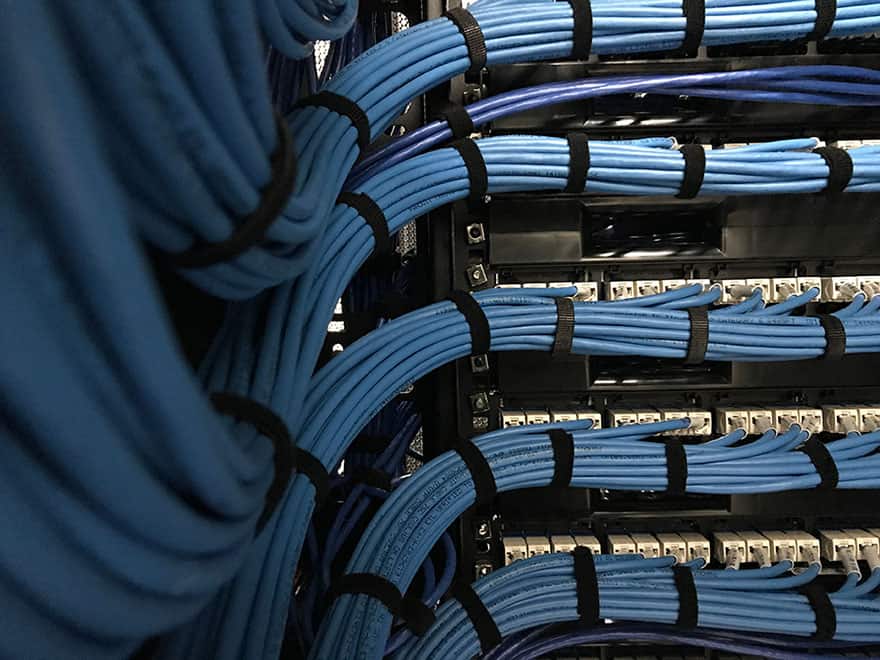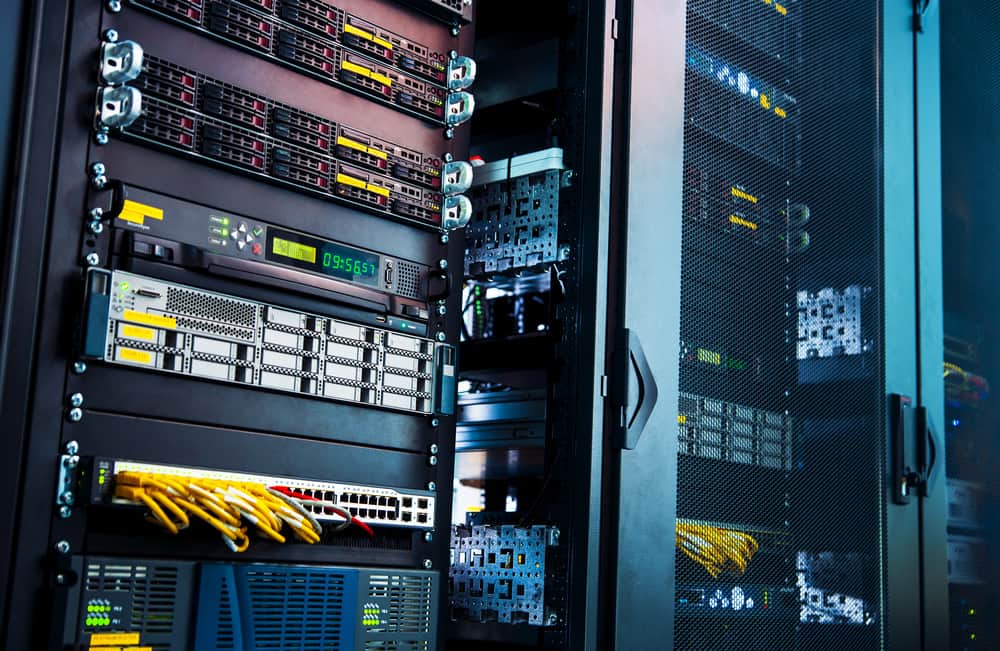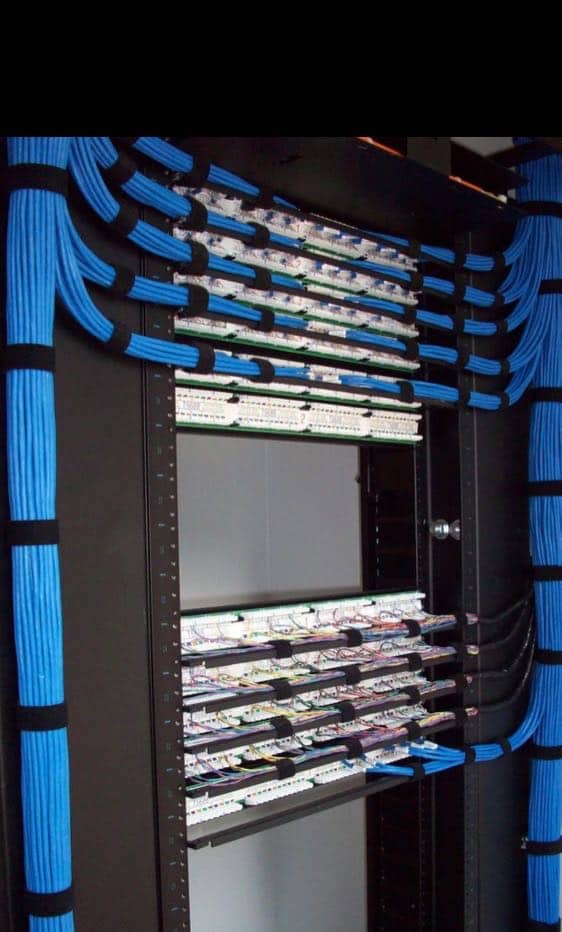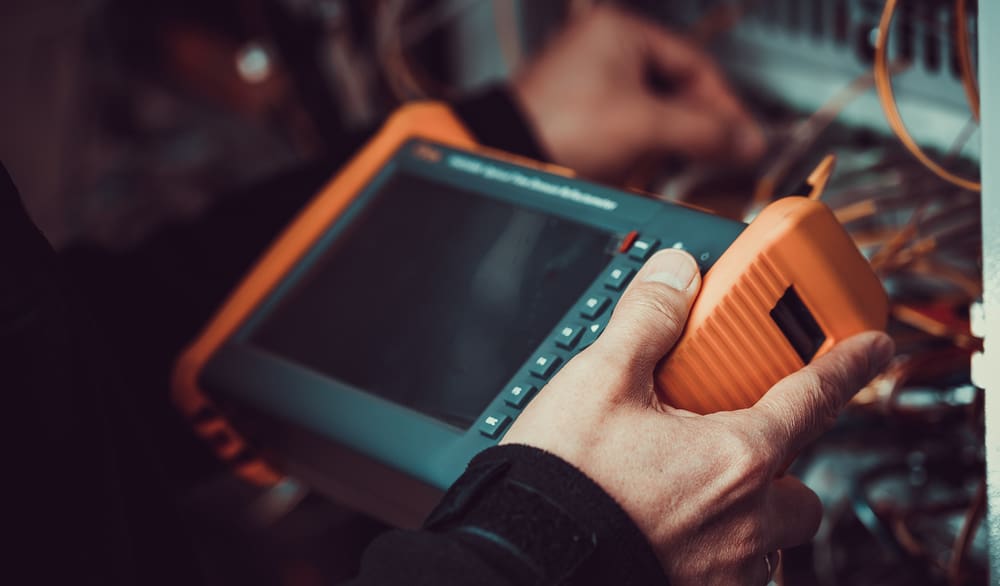Decoding DAS and Cell Phone Repeaters for Better Business Communication in NYC
What is a Distributed Antenna System (DAS)?
A Distributed Antenna System, or DAS, is like a network of mini cell towers inside a building. It’s made to give strong cell phone signals in large spaces like office buildings or hotels in places like Manhattan and New York, NY. DAS takes a cell signal from one main source and spreads it out through a series of small antennas placed around the building. This setup makes sure everyone inside gets good cell reception, no matter where they are.
DAS is great for handling lots of different phone frequencies, which means it works well for businesses with a variety of cell phone carriers. It can be customized to fit a building’s specific needs, but setting it up can be complex and costly. It’s a big investment, especially for large buildings or campuses where reliable cell service is a must-have.
Understanding Cell Phone Repeaters
Cell phone repeaters, also known as signal boosters, are simpler than DAS. They’re used to make weak cell signals stronger, mainly in smaller spaces. A cell phone repeater has three parts: an outside antenna to catch the weak signal, an amplifier to make it stronger, and an inside antenna to spread the improved signal inside the building. This is a good option for businesses in New York’s skyscrapers where signals often get blocked.
These repeaters are more affordable and easier to install than DAS, making them a good fit for small to medium-sized businesses. They don’t need much upkeep and are perfect for places where the cell signal is weak but not completely gone. However, they can’t help if there’s no signal at all to start with and might not work with every cell carrier.
Pros and Cons of Using DAS
DAS has a lot of upsides for big businesses in New York. Its biggest advantage is that it can cover large areas, making sure everyone in a big building can use their cell phones. It’s also flexible, supporting many different phone carriers, which is great in a diverse city like New York. But, DAS is expensive to set up and needs ongoing maintenance and updates to keep up with new technology and frequency changes.
The main drawback is the cost. DAS systems are expensive to install and maintain, which is something to think about if you’re running a big business or have a complex building layout. They need professional installation and regular check-ups to work well.
Pros and Cons of Cell Phone Repeaters
Cell phone repeaters are budget-friendly and easy to set up, a good match for smaller businesses in Manhattan and other areas of New York. They are low-maintenance and improve signal strength where it’s already available. This makes them a practical choice if you’re looking to boost cell reception without a big investment.
However, their main limitation is that they depend on already having some cell signal. If your business is in a spot with no signal at all, a repeater won’t be much help. Also, they might not support all types of cell carriers, which could be an issue in a place with a wide range of cell service users.

How to Choose the Right Option for Your Business
Deciding between DAS and cell phone repeaters depends on your business’s specific needs. If you have a large business or a building with a complex layout, DAS might be the better choice despite the higher cost and more complicated setup. For smaller businesses in areas of New York with decent existing cell signal, cell phone repeaters could be a more cost-effective and simpler solution.
Consider the size of your building, your budget, and what cell carriers your staff and customers use. Think about how much you’re willing to spend and how complex a system you really need. For the best decision, you might want to talk to a telecom expert who can look at your specific situation and give you tailored advice.
Final Thoughts: Making the Smart Choice for Your NYC Business
In New York’s competitive business world, choosing the right communication technology is crucial. Large businesses or those in complex buildings might find DAS to be a worthy investment for its wide coverage and flexibility. On the other hand, cell phone repeaters offer an easy, budget-friendly way to boost signal strength for smaller businesses or less demanding environments.
Every business is different, so it’s important to weigh your options based on your unique needs. Consulting with a communication technology expert can help you make an informed choice. Picking the right solution will not only improve communication but also contribute to the success and efficiency of your business in New York’s dynamic market.






